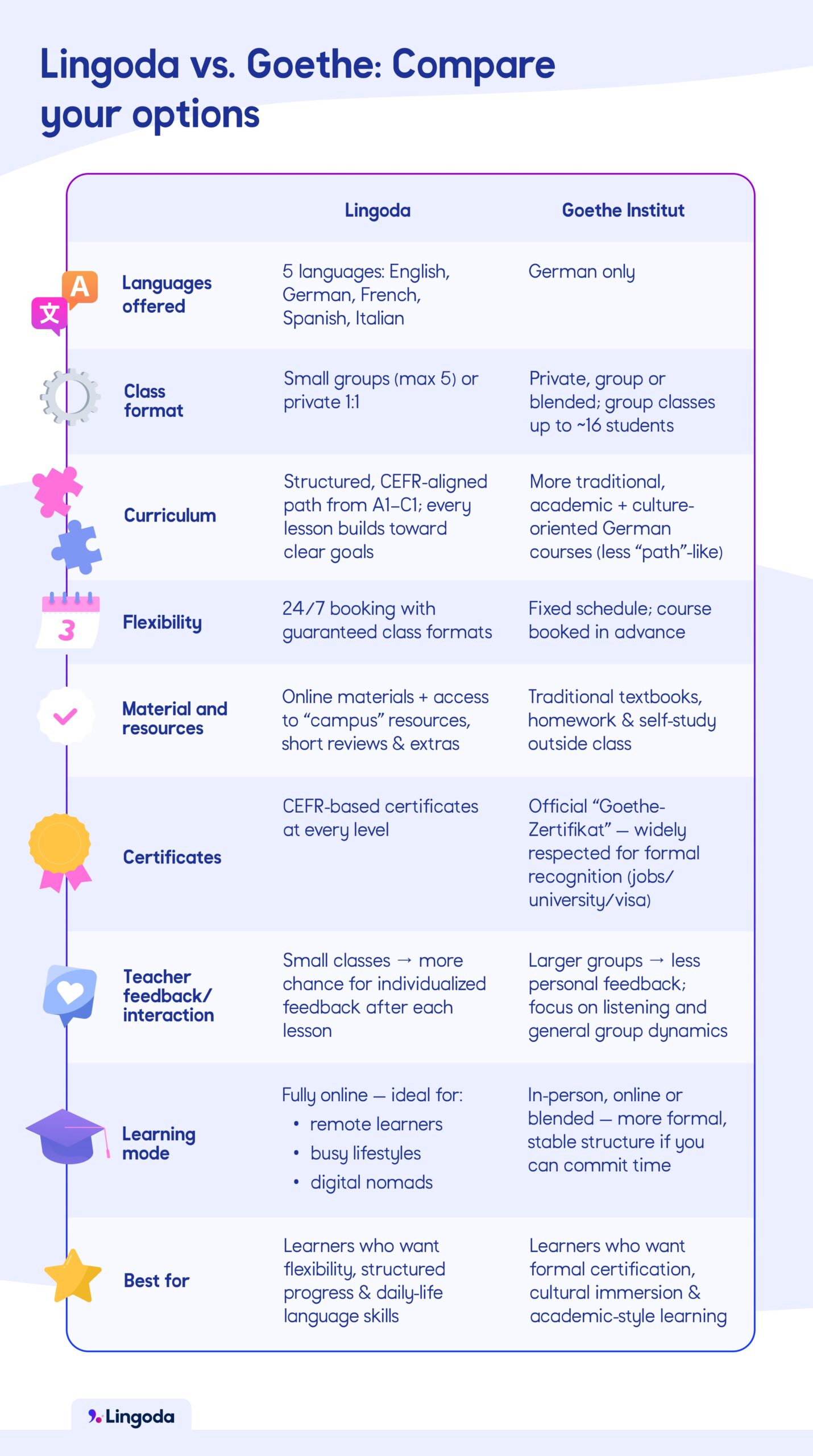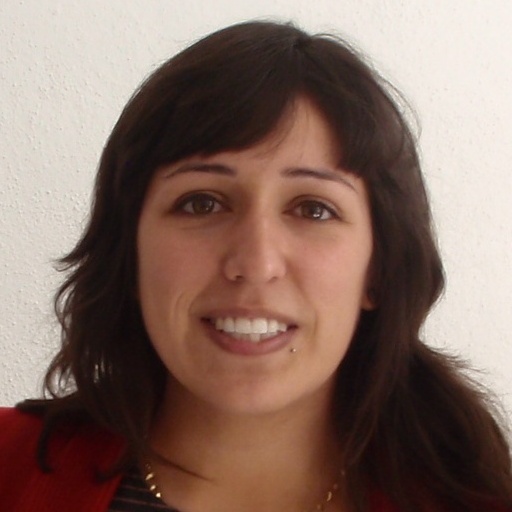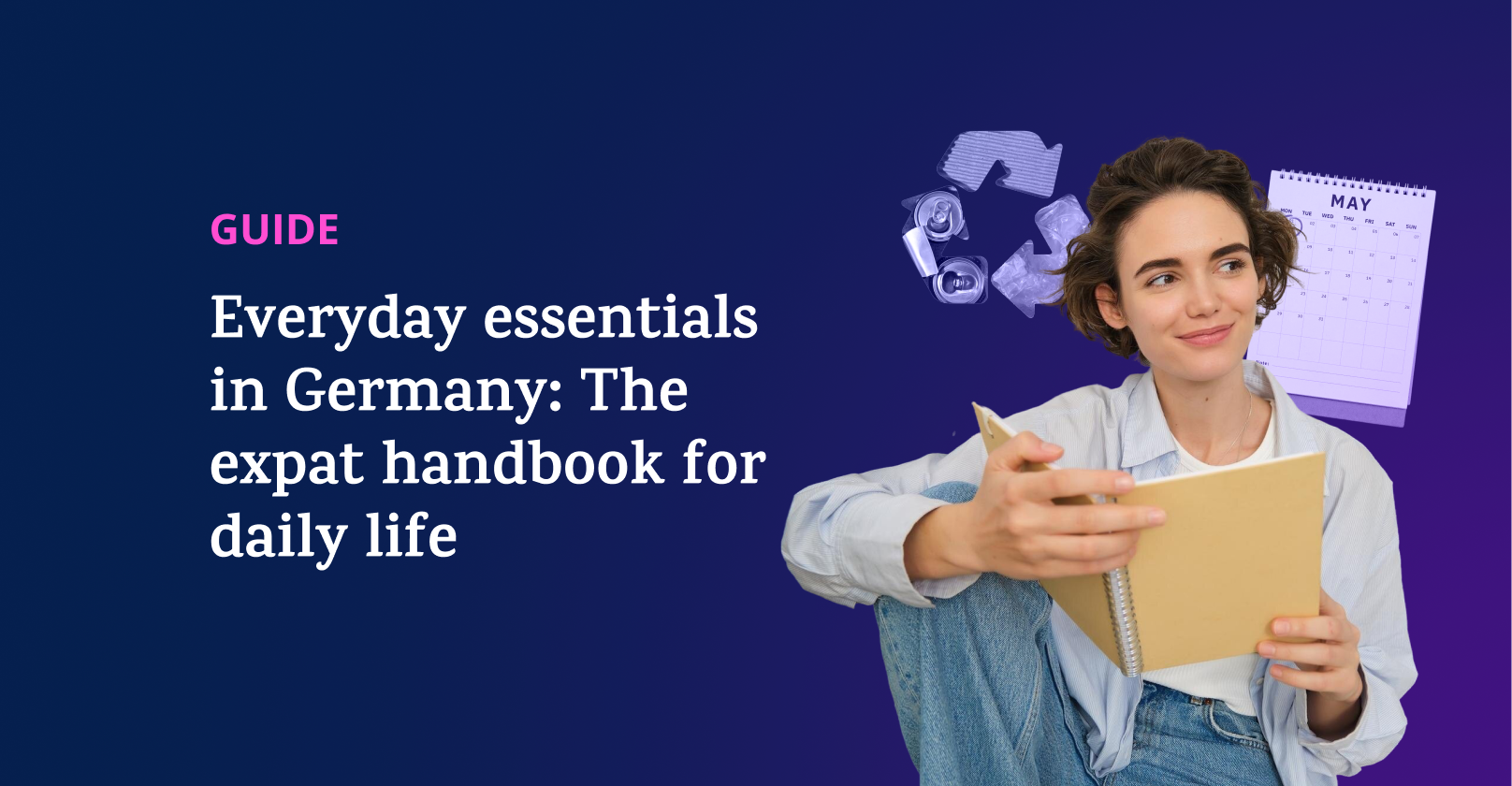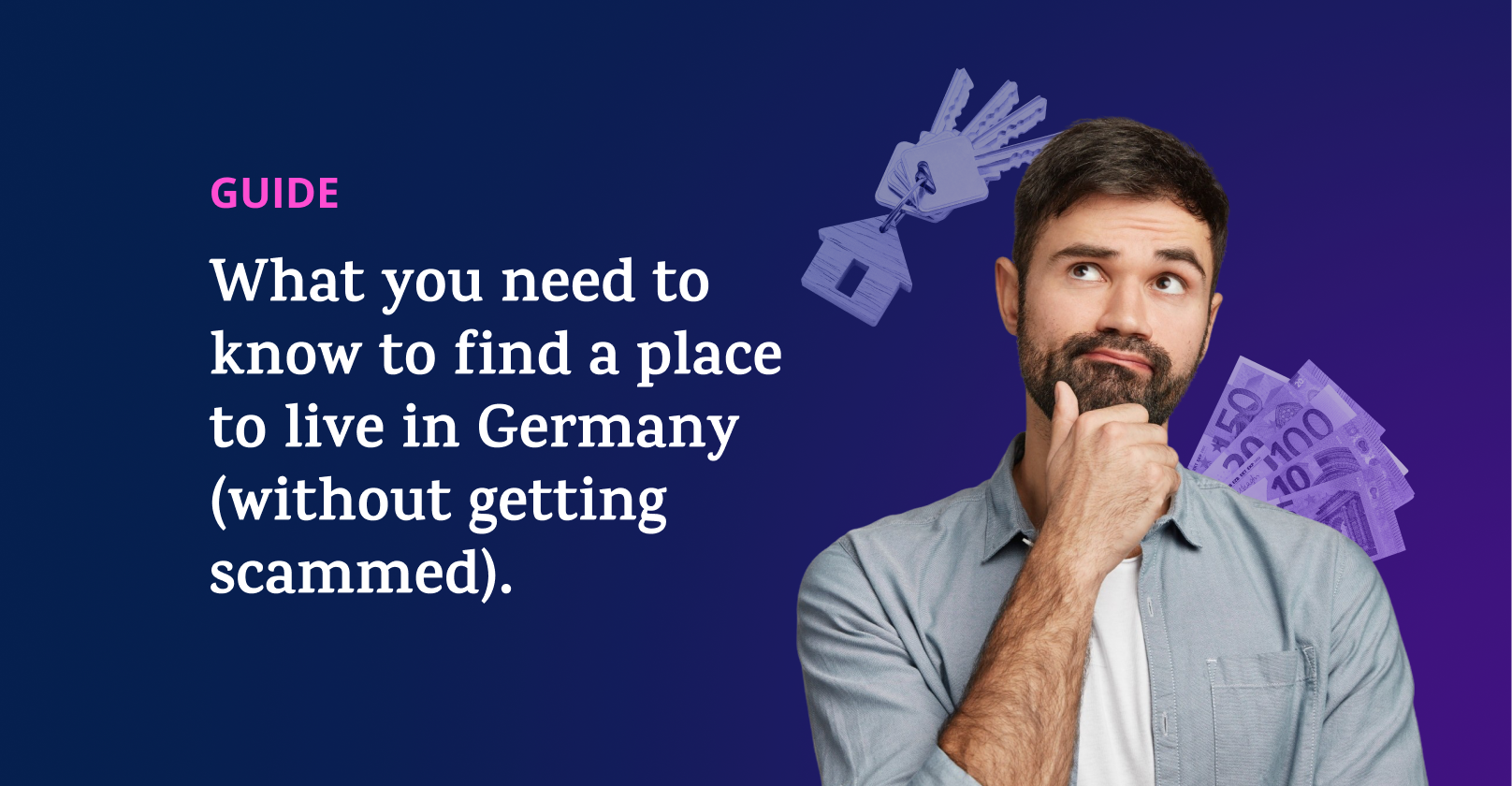Lingoda vs. Goethe-Institut — What’s the difference and which is better?
So you’ve decided to learn German. We are already proud of you! German has a reputation for being challenging, and choosing where to learn it can feel just as overwhelming.

But don’t worry—we’ve got you covered. In this article we’ll walk you through the main differences between two strong options: Lingoda vs. Goethe-Institut.
Before we start, it should be said that both are great. This isn’t about choosing a “good” or “bad” school, but rather selecting the one that best fits your goals, lifestyle and learning preferences. Let's explore the details of each program. We are sure that when you finish reading this article, you'll be ready to make up your mind and get started on this journey.
- Quick comparison snapshot
- Platform overviews
- Curriculum and skill focus
- Practice materials, feedback and resources
- Flexibility, commitment and motivation
- Price, value and plans
- Real learner feedback and insights
- FAQs
Quick comparison snapshot
Lingoda vs. Goethe: which one fits your needs? That's the ultimate question. Goethe-Institut is a cultural organization that specializes in promoting the study of the German language in countries around the world. Lingoda is an online language learning platform that offers courses for five different languages. Both have headquarters in Germany. Let's look at how they compare.
| Lingoda | Goethe-Institut | |
| Languages offered | German, Spanish, English Italian, and French | German |
| Schedule flexibility | 24/7 booking with fixed classes | Booking in advance for a whole course |
| Class structure | Private or group classes (max. 5 persons per group) | Private or group classes (max. 16 persons per group) |
| Best for | Busy and changing schedules | Structured time schedules |
| Certificates | CEFR Certificate | Goethe-Zertifikat |
| Pricing | Subscription-based pricing mode. More classes = lower overall price/class | Pay-per-course and pay-per-exam model Packaged programs available |
| Online vs. On-site | Fully online | Online and on-site options |
Who each platform best serves
Comparing Lingoda vs. Goethe-Institut, it helps to first understand who each platform is designed for.
Lingoda:
- Remote learners
- Digital nomads
- Learners needing informal certification
Goethe Institut:
- Learners needing in-person classes
- Learners who need institutional recognition in Germany
- Learners with a structured agenda
Platform overviews
Lingoda vs. Goethe: how do the two platforms differ based on user experience?
What is Lingoda?
Lingoda is an online-only learning platform that offers courses where students can reach out easily to the instructor. Private classes are available and group classes have no more than 5 students, which makes learning accessible to learners in each course. Classes include cultural information and social scenarios for conversation.
Lingoda has quality teachers with native-level certification. Students can also earn a CEFR certification in German (anything from A1 to C1). This way, classes stay structured to easily track progress. CEFR is a language certification that is approved throughout Europe. Lingoda not only offers German lessons but also languages such as Spanish, French, English, and Italian.
Lingoda has different learning modes, such as Sprint, a learning challenge that helps students speed up their progress. If you finish your Lingoda Sprint and follow the rules, you earn 50% of your money back. This is one of Lingoda’s great features but not the only one.

What is the Goethe-Institut?
Goethe-Institut is a worldwide cultural organization that focuses primarily on the German language. It has more than 150 cultural centres across 99 countries and it promotes international cultural exchange.
Goethe-Institut does not only teach German language, but also German culture and socio-political affairs. Learners can choose between self-paced online courses, live online classes with groups of up to 16 students, and traditional in-person classes. Private lessons are also available. Teachers at Goethe-Institut are certified to ensure the quality of the German courses.
Goethe-Institut students can earn a certification called Goethe-Zertifikat, which is a German examination that applies to all learning levels (A1-C2). The Goethe-Zertifikat is an internationally recognized certificate that proves German language knowledge for student exchange, visa procedures, and professional recognition.
Curriculum and skill focus
Curriculum and skill focus are essential aspects to look at when making the choice of where to learn German. Lingoda vs. Goethe: which one helps you reach the goals you want to achieve? Let's take a closer look at the elements that make up the learning structure of these two platforms.
CEFR progression and structure
Lingoda’s learning progression is structured. The pathway is aligned to the CEFR (Common European Framework of Reference for Languages) certification, which serves as a guide for each language level (A1-C1). It is valid in Europe and has recognition in legal, academic, and corporate fields. It is issued at the end of each Lingoda level and students can use it in various situations (like moving to Germany because your spouse got a job there). The progression is goal-oriented, which means you will not only learn to communicate in this new country, but you will also be able to apply for jobs and educational programs.
Emphasis: Grammar vs. communication
German can be a particularly difficult language to learn when it comes to grammar.
Lingoda focuses on real-life communication. Speaking is essential in class and materials. CEFR helps to achieve that practical use level.
Goethe is more traditional in that aspect. They focus on academic and socio-political discussions. If you want to study in an all-German graduate course, Goethe might provide the right skillset for that plan.
If you’re a digital nomad and want to move to Germany for a couple of months or 1 year while working remotely in another language, Lingoda might be the best for daily life language skills. Depending on how you want to use your skills, each program has something to offer
Speaking practice and teacher interaction
Each learning model has its set of speaking opportunities. Since Lingoda prioritizes real-life daily conversation, speaking practice is crucial. One of Lingoda's greatest strengths is its small-groups format of no more than 5 students.
Meanwhile, Goethe’s classes have up to 16 students at a time. This format is good for people that need to prepare for group settings, such as public speaking or business mixers in German.
Practice materials, feedback and resources
Lingoda vs. Goethe: which one gives you the tools, support and feedback you need? We’ll compare strengths in these areas so you can make an informed choice.
Live classes and teacher feedback
All Lingoda students receive individual feedback after each lesson. It can include comments on vocabulary, pronunciation and grammar. Teachers are able to pay attention to each student due to small class sizes.
Goethe’s larger classes lend themselves to repetition and ample listening practice. Goethe does not have an individual feedback mechanism after group classes. Individual correction may happen the moment an error is made. This feedback is ideal for auditory learners who are not reliant on visual references.
Self-study tools and cultural content
Lingoda offers students:
- In-app learning materials
- Access to the Lingoda Campus, a site with tons of ways to explore cultural and professional topics. There are articles, quizzes and guest speaker webinars to supplement specific student goals
- Lingobites, short (10-20 minute) reviews that help students reinforce fun lessons during their free time
Goethe offers students:
- Independent study and homework outside of class
- Self-study based on traditional textbooks
This reflects traditional German educational values. Students who excel in non-digital classroom environments will do great.
Certification and formal recognition
Both Lingoda and Goethe follow certification frameworks. Both certificates are suitable for processes such as employment, university, and visa contexts. Which one is more convenient for you depends on your plans.
Let’s say you just made a trip to Berlin and enjoyed your stay. Earning a CEFR certificate with Lingoda might be your best bet. CEFR has validity throughout Europe. If plans change and you decide to move to Austria or Switzerland, your certificate would still be valid.
If, after careful consideration, you decide Germany is a lifelong decision, Goethe might be the better option. Since the Goethe-Institut focuses on German culture, Goethe-Zertifikat might be a fit for true assimilation.
Flexibility, commitment and motivation
Lingoda vs. Goethe: which one offers flexibility while allowing students to keep committed and motivated?
Format and scheduling
Lingoda offers an online-only model with classes available 24/7. This means that if you’re traveling or your only free time is at 10pm, Lingoda has you covered.
Goethe offers in-person or blended models with fixed times. This is great for someone with a traditional work schedule and anyone who live near the institute or have no trouble commuting.
Lingoda classes can be scheduled on short notice. So let’s say your weekly dinner with friends gets canceled. You can quickly book a class in that time slot. Goethe offers fixed classes. If you miss class, you probably won’t get that lesson back.
Engagement and incentives
Lingoda offers learning models such as the Sprint. 50% back is a great financial incentive that keeps students motivated. Plus you can engage with native-level instructors from various countries to learn different accents and vocabulary.
Goethe offers a structured course schedule. The incentive comes from the in-person community of classtime, loyalty to your teacher and individual discipline.
Time and effort required
While both platforms offer out-of-class exercises, Lingoda’s booking flexibility could speed up students’ learning progress. Students can load up on classes if time permits. Goethe’s class schedule has regular intervals.
Price, value and plans
Lingoda vs. Goethe: which one adapts to your budget and to your lifestyle?
Strengths of Lingoda
Lingoda’s biggest strengths are flexibility, live speaking practice in small groups, and multiple languages to fit your travel plans.
Things to consider for Lingoda
Since Lingoda uses less traditional teaching methods and is online-only. If you aren't tech-savvy, there may be a learning curve.
Strengths of Goethe-Institut
Goethe’s biggest strengths are Goethe-Zertifikat, which is a prestige certificate in Germany. Even if you study at the Goethe-Institut in another country, the deep cultural immersion will prepare you for a visit to the country.
Things to consider for Goethe-Institut
Some aspects to consider are pricing, scheduling and the analog format. Goethe’s prices tend to be higher up front. When buying a package, you get a set schedule, which is less flexible. Plus, Goethe requires on-site presence for the best outcomes.
Real learner feedback and insights
Lingoda vs. Goethe: what do actual learners have to say about their experiences with both styles of language learning?
Learners’ views on Lingoda
“Lots of speaking practice, engaged teachers, great conversation topics that are both varied and interesting for adults, flexible schedules…For me, it would be ideal to buy a stock of credits and then use them at my leisure over the next few months. A continuously rolling subscription does not really fit my learning style. I ask you to consider this option. If you do, I am much more likely to keep going with my Lingoda journey :-)” -Tom
Learners’ views on Goethe-Institut
“I attended courses on Goethe Institut in Poland and also a bunch of different public and private German courses from A1 up to B2 level...I don't know the exact situation in the UK, but I do recommend Goethe-Institut, cuz for me the quality difference was definitely visible. Additionally, in my area their certificates are usually the most respected ones in terms of job seeking and university purposes.” -Urbunt
What is the main difference between Lingoda and Goethe-Institut for learning German?
Lingoda is an online-only language learning platform that focuses on real-life tools, speaking, and offers CEFR certification. Goethe-Institut focuses on traditional teaching methods, in-person classes, encourages independent study, and offers the Goethe-Zertifikat.
Does Lingoda offer the same number of languages as Goethe-Institut?
No. Lingoda offers English, German, French, Spanish, and Italian.Goethe-Institut only offers German.
Which option gives better speaking practice for German?
Lingoda may be a better fit for speaking practice thanks to its small groups (5 students max.) and focus on learning for everyday life. Goethe-Institut offers speaking practice in a group setting of up to 16 students.
Lingoda vs. Goethe-Institut: Which one wins for you?
The ultimate comparison of Lingoda vs. Goethe has shown us that both options are strong. If your main goal is speaking fluency and flexibility, Lingoda stands out. If you need formal recognition, institutional prestige, deep immersion and you can commit time and cost, Goethe-Institut is a top choice. The good news is both options offer free trials. Reach out to Lingoda to get a free 7-day trial for free or visit your local Goethe-Institut for an info session.

Begin your personal language journey
- Courses tailored to your learning needs
- Qualified teachers, small class sizes
- Expert-designed curriculum
- Live classes with native-level teachers















